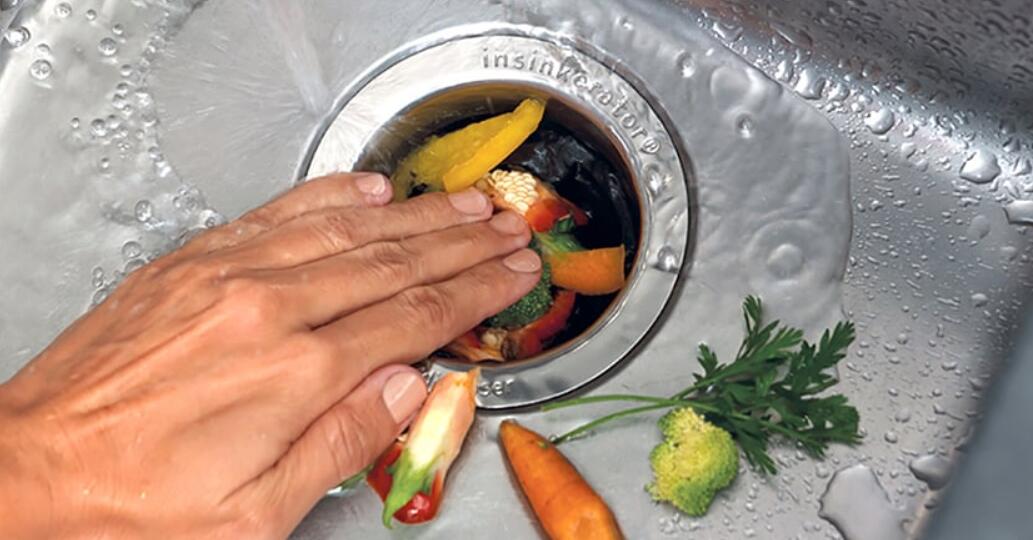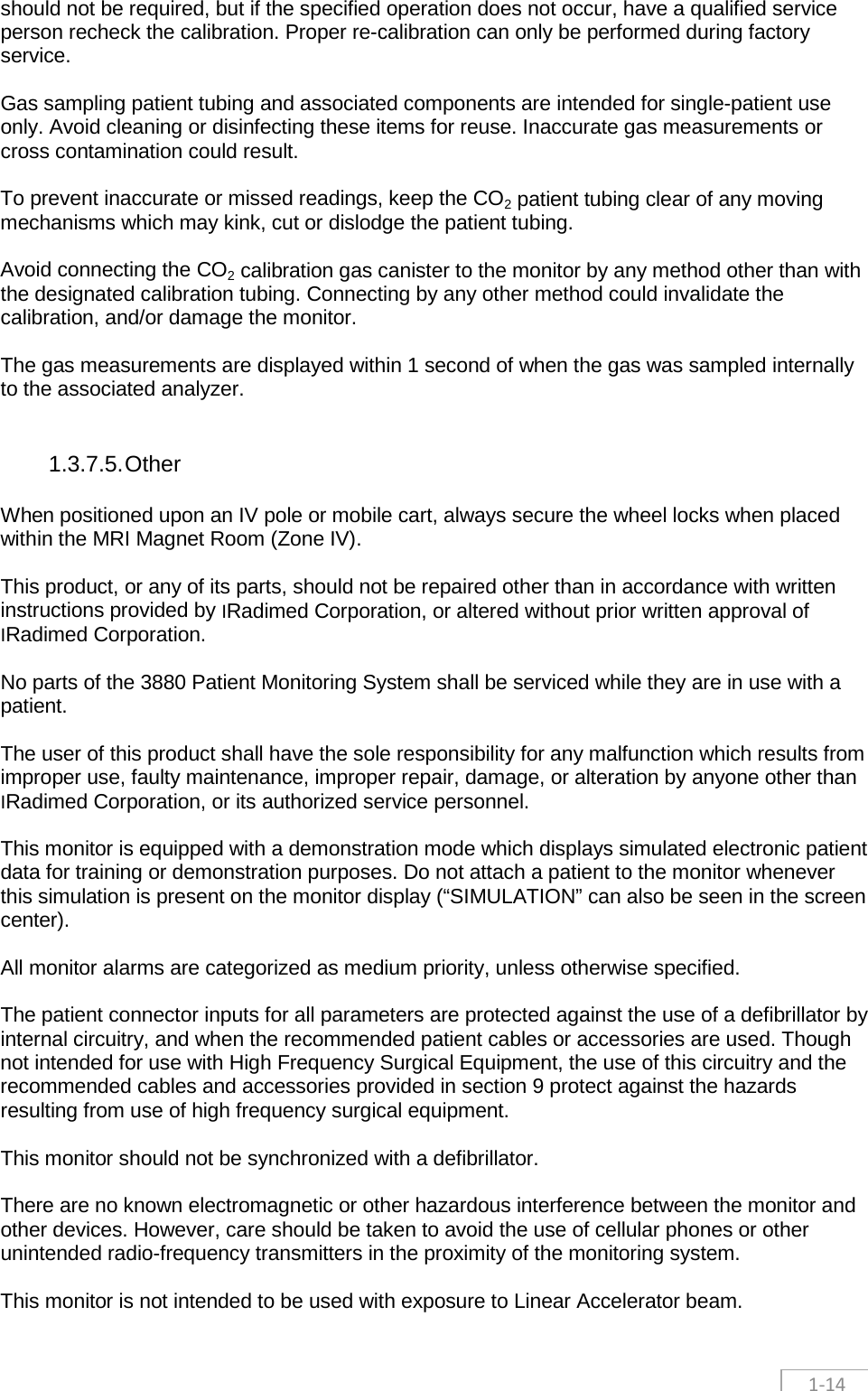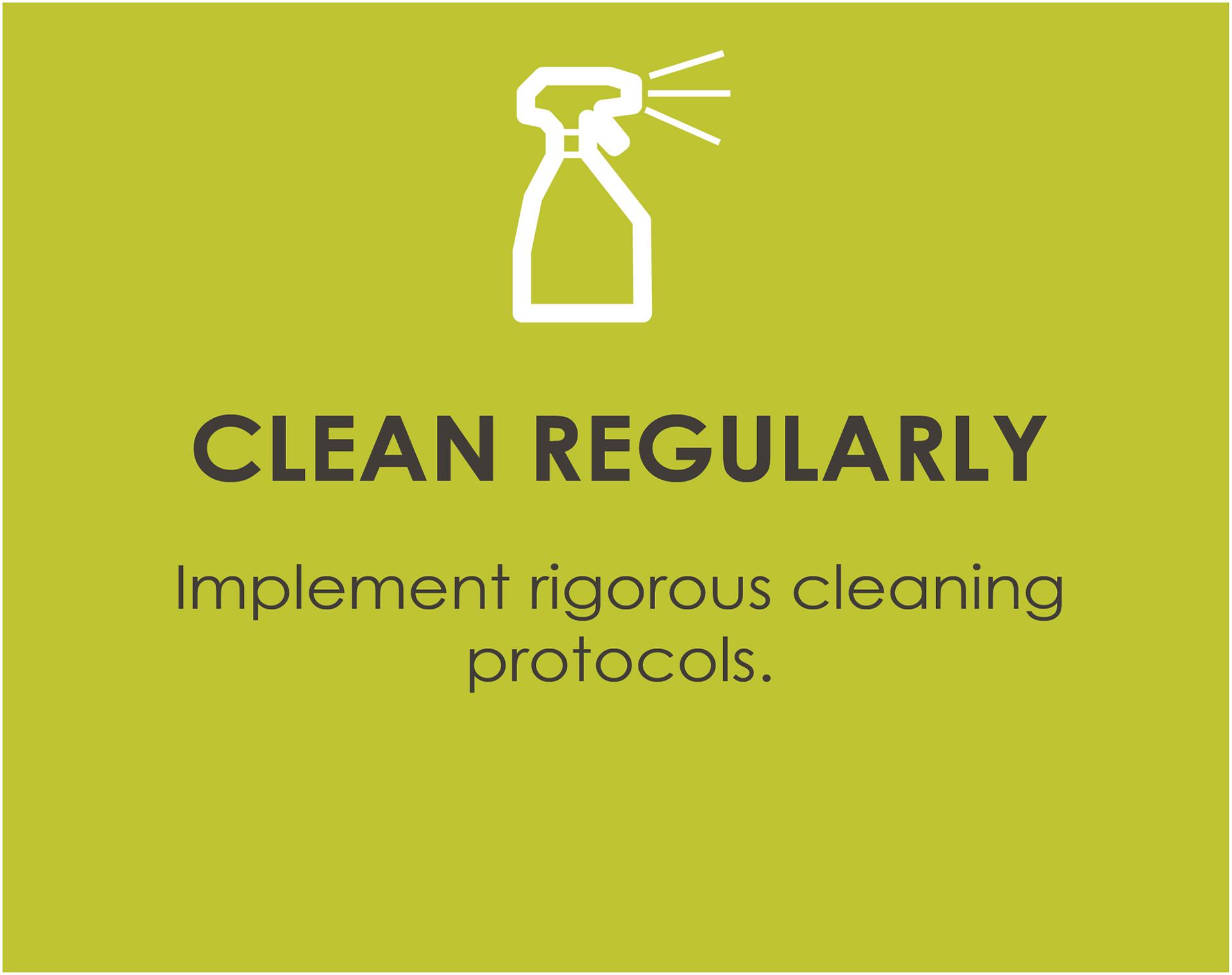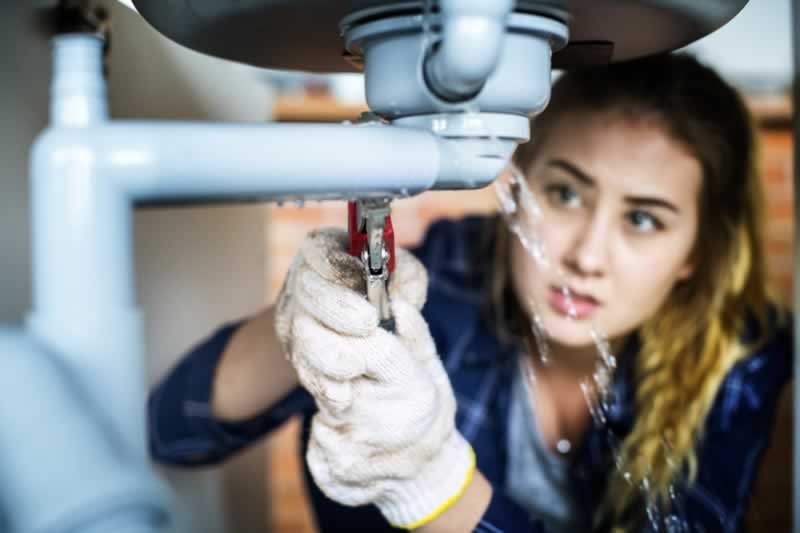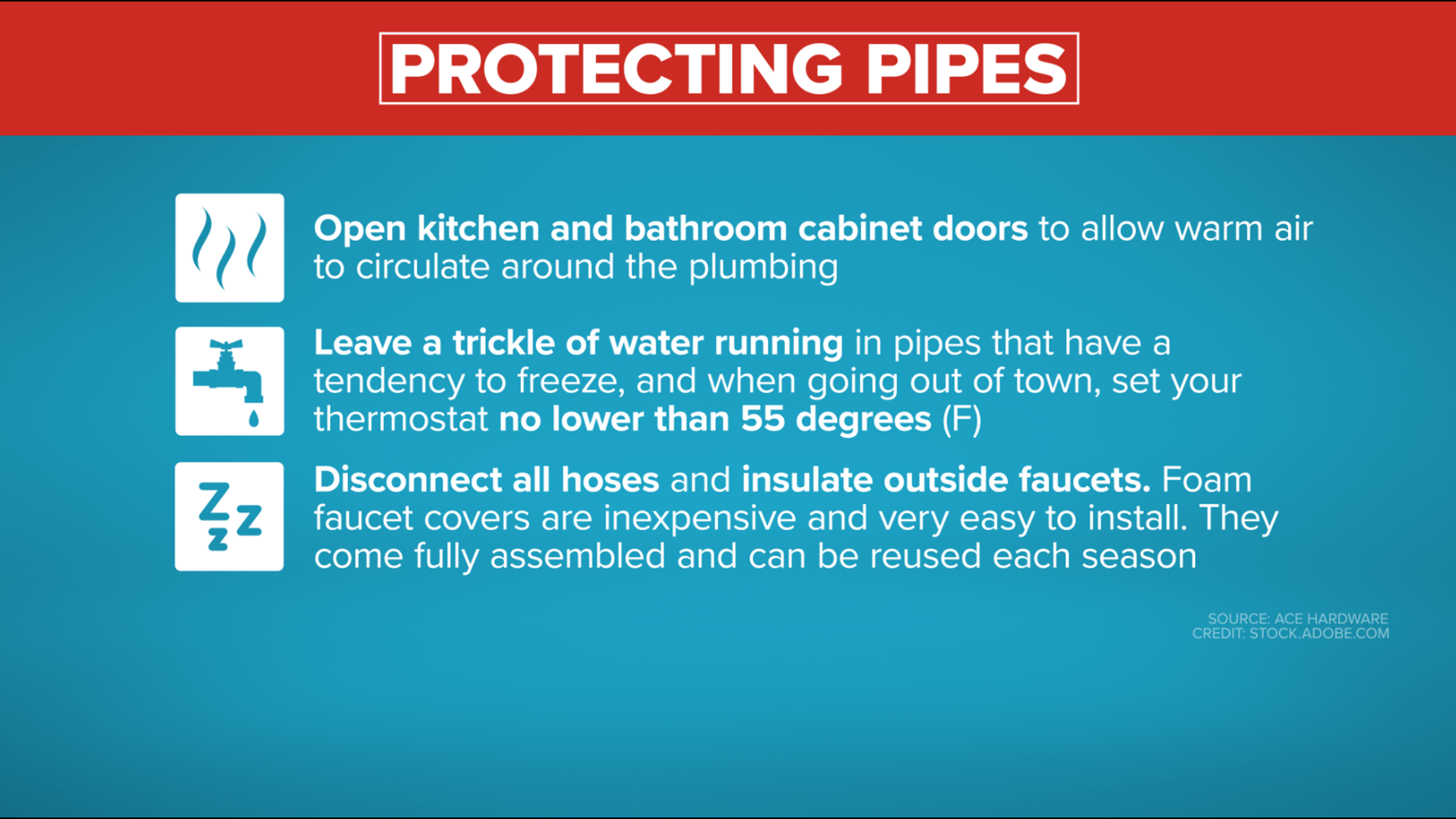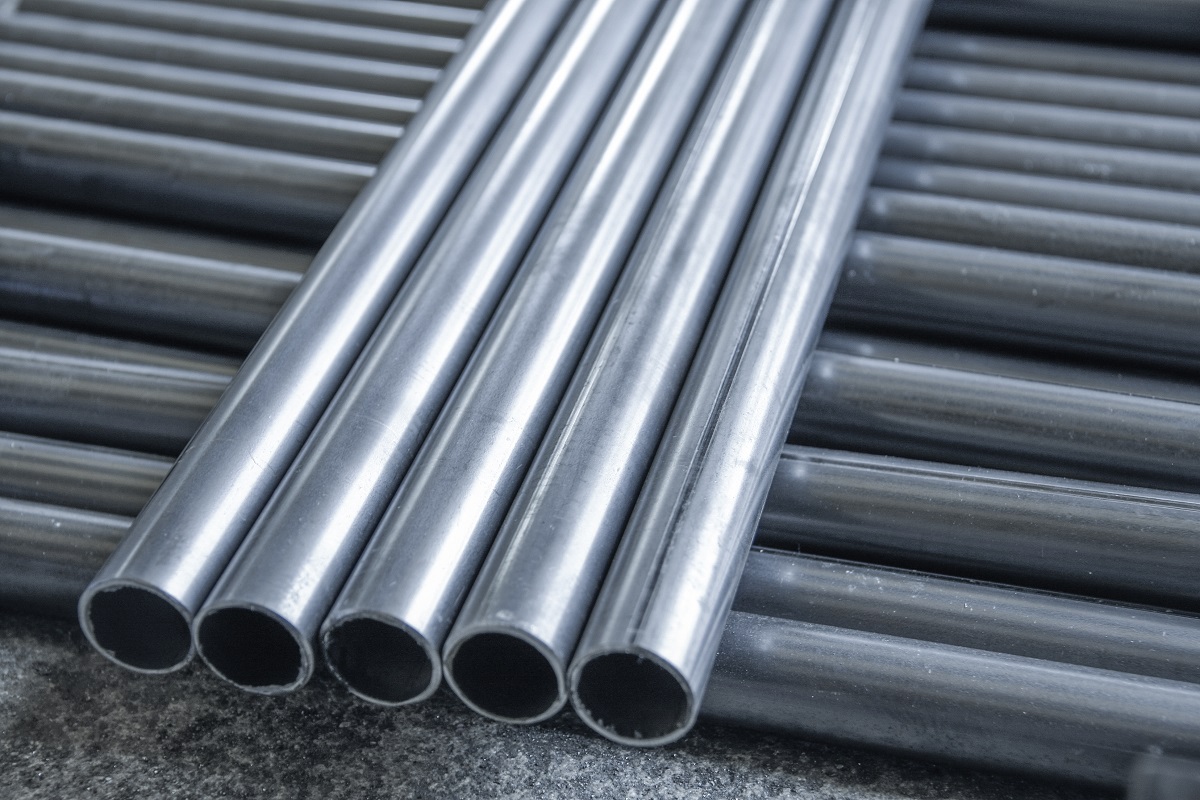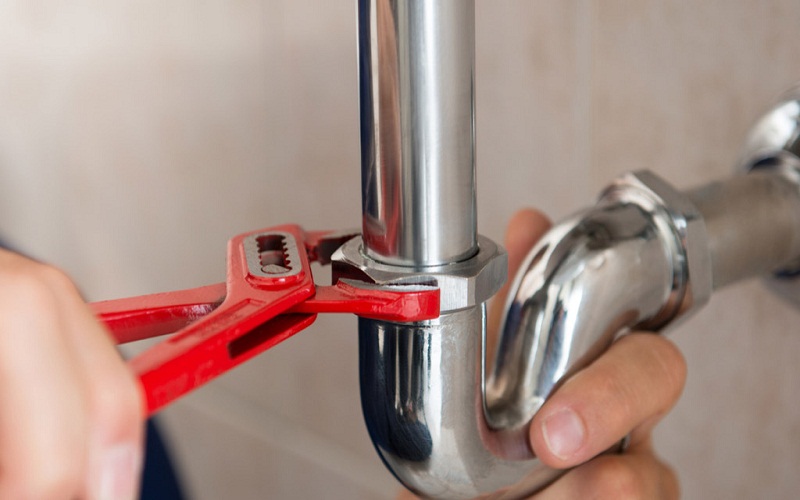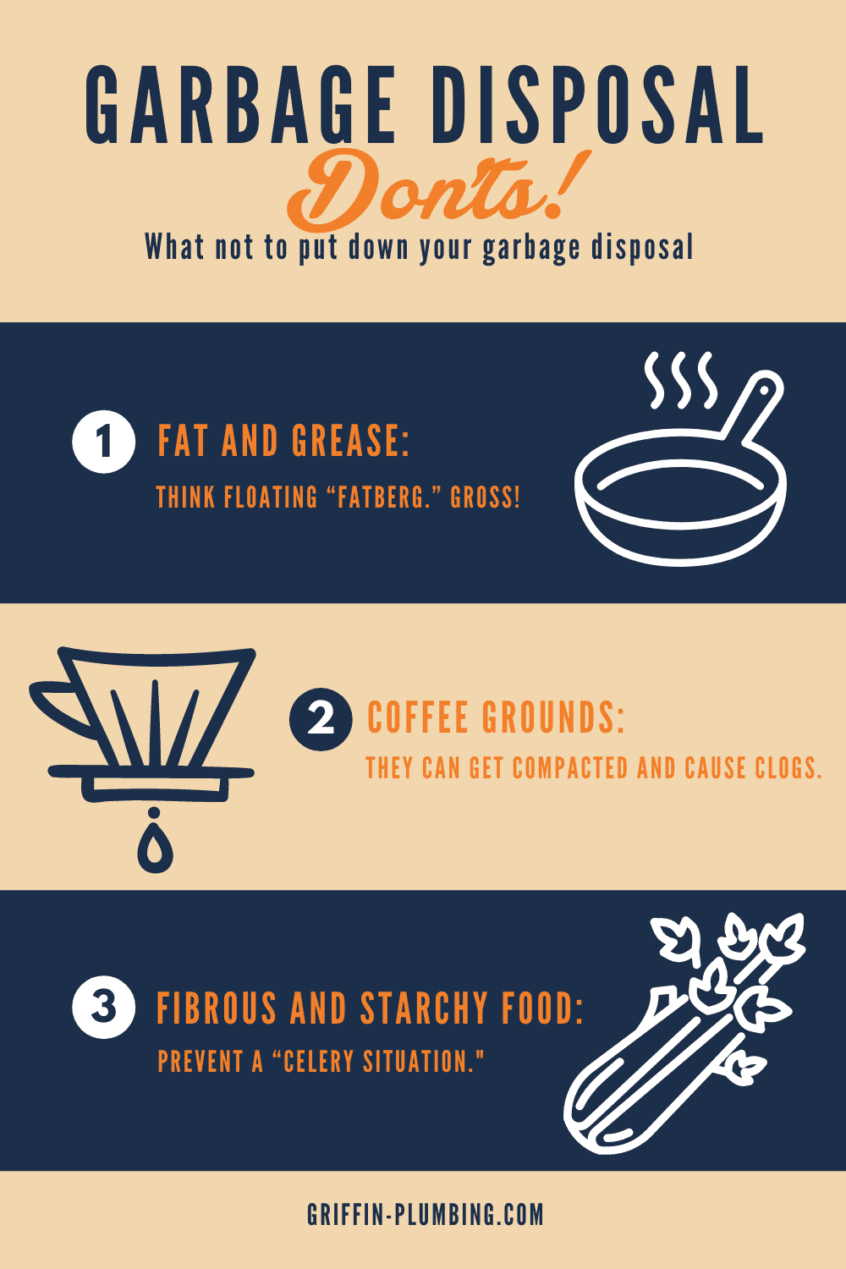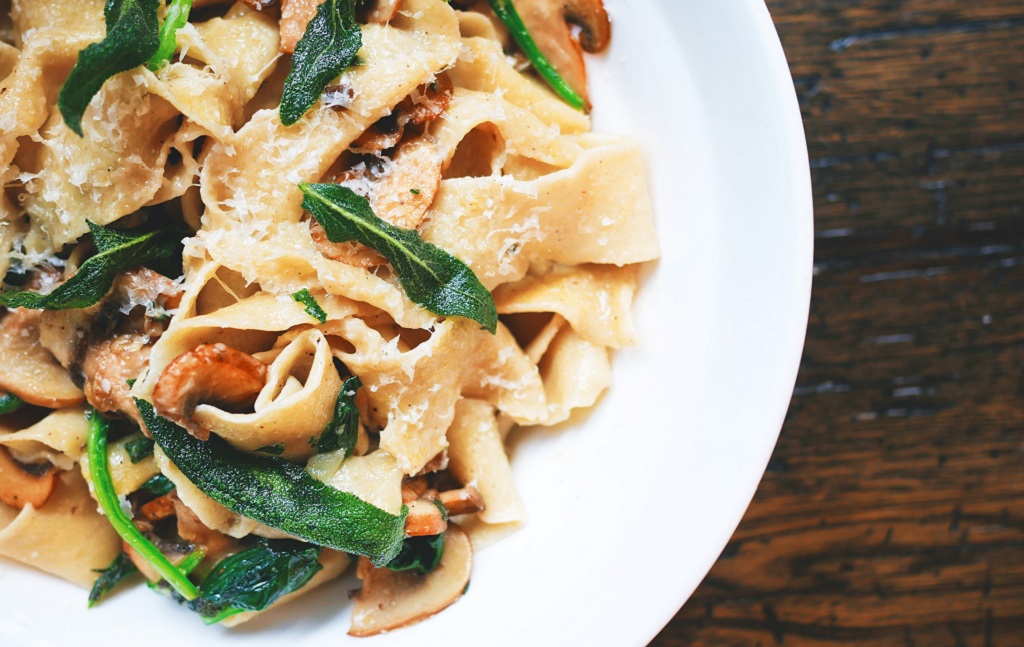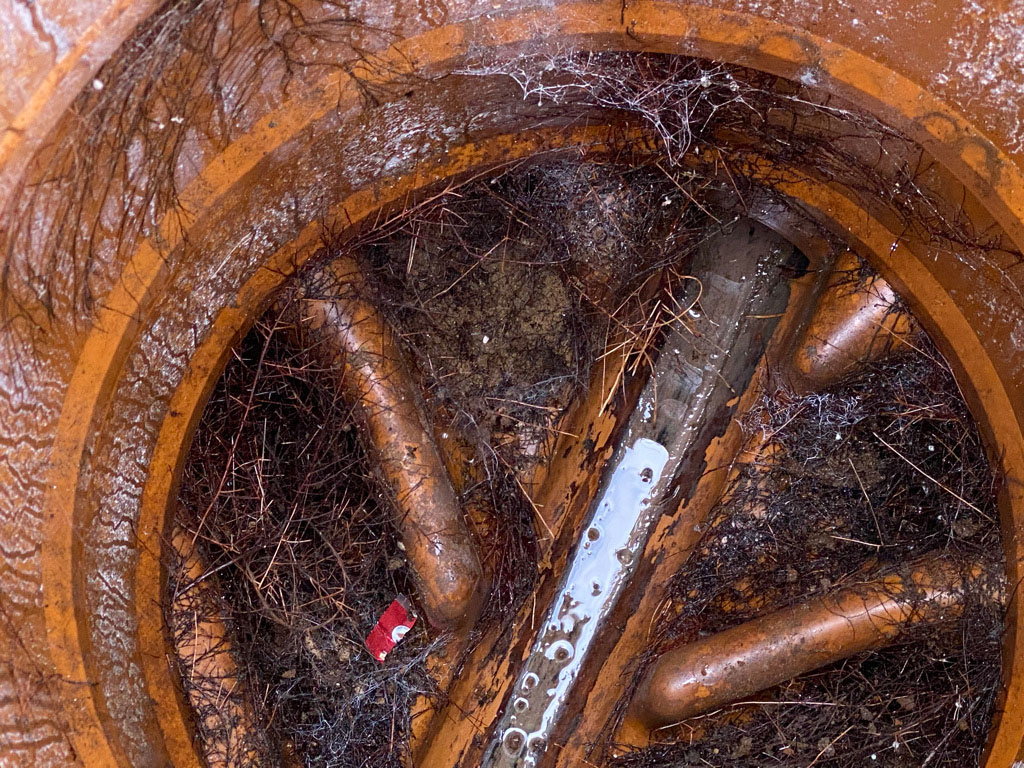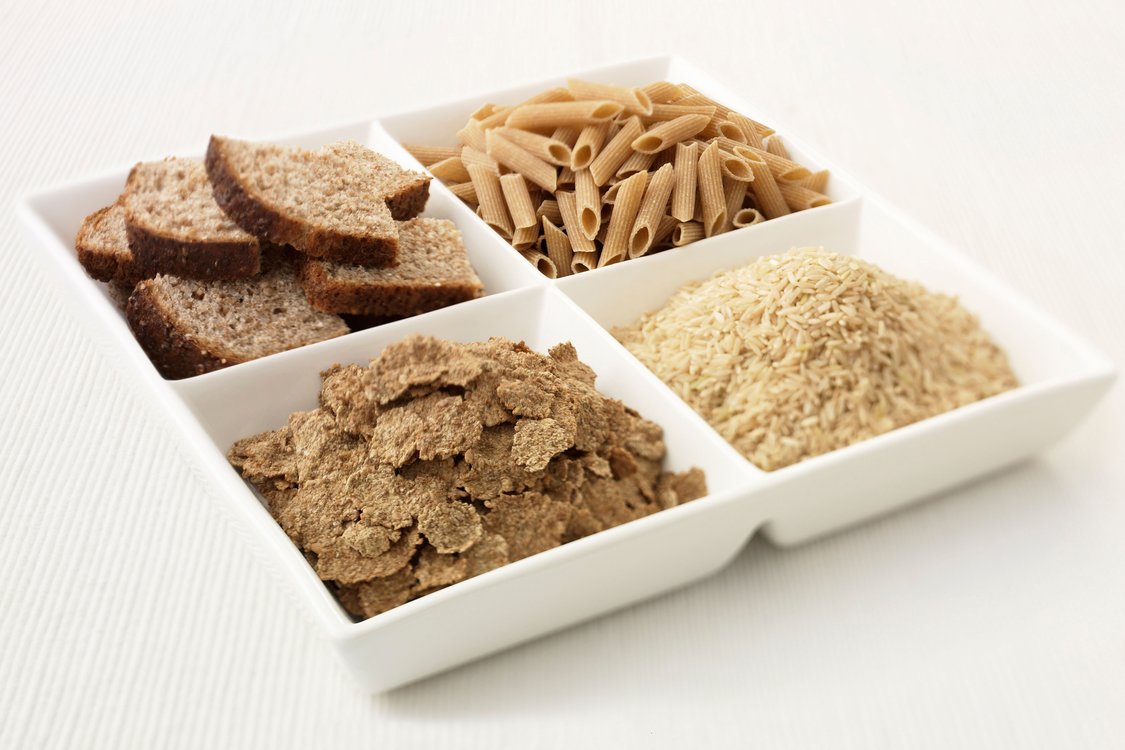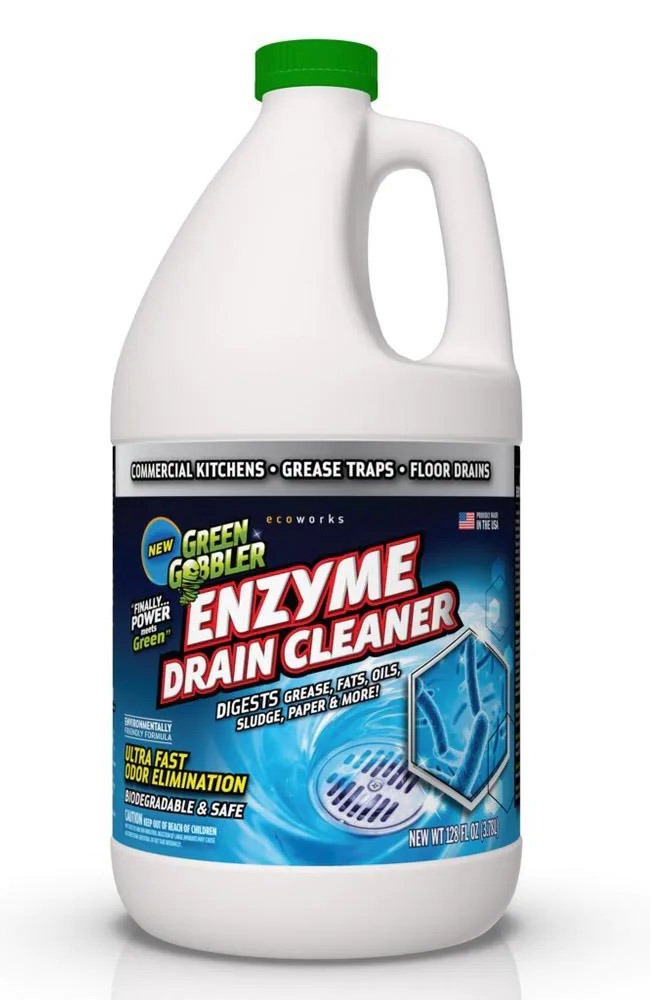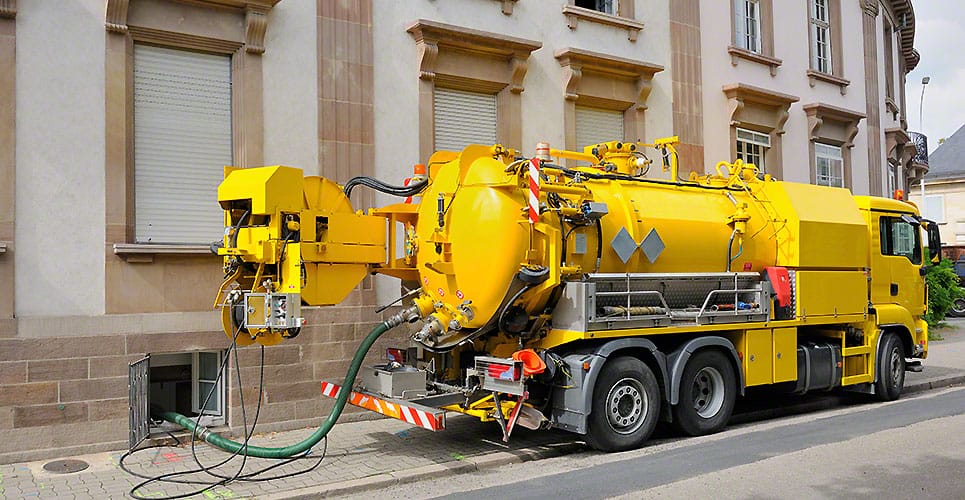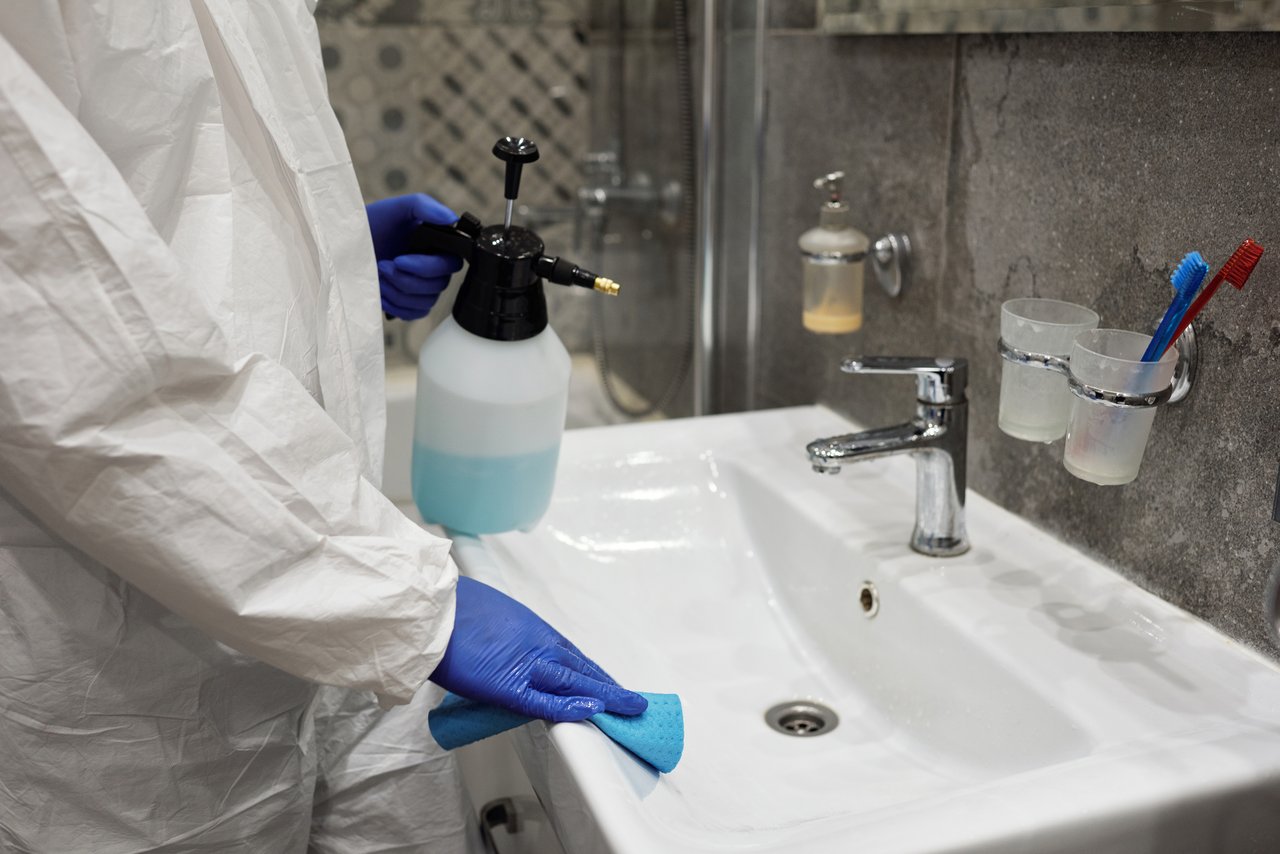1. Use a drain strainer to catch debris before it goes down the drain
A simple and effective way to prevent your kitchen sink from plugging up is by using a drain strainer. These small mesh screens sit over your drain and catch any debris or food particles before they have a chance to go down the drain. This not only helps prevent clogs, but it also makes cleaning your sink much easier.
Drain strainer prevent kitchen sink plugging up small mesh screens food particles
2. Avoid pouring grease or oil down the sink
One of the most common causes of a clogged kitchen sink is pouring grease or oil down the drain. These substances may be liquid when hot, but they solidify as they cool and can easily stick to the inside of your pipes, causing buildup and blockages. Instead, dispose of grease and oil in a separate container and throw it in the trash.
Avoid pouring grease oil down the drain solidify blockages
3. Run hot water down the drain after each use
Another simple tip for preventing clogs in your kitchen sink is to run hot water down the drain after each use. Hot water helps dissolve any grease or food particles that may be clinging to the inside of your pipes, preventing them from building up and causing blockages.
Run hot water prevent clogs grease food particles
4. Use a mixture of baking soda and vinegar to clear clogs
If you do end up with a clogged kitchen sink, a natural and effective way to clear it is by using a mixture of baking soda and vinegar. Simply pour half a cup of baking soda down the drain, followed by half a cup of vinegar. Let it sit for a few minutes before flushing it with hot water. The chemical reaction between the two ingredients helps break down any clogs.
Mixture of baking soda and vinegar clear clogs natural effective
5. Install a garbage disposal to break down food particles
If you regularly find yourself dealing with food particles and scraps clogging up your kitchen sink, it may be worth investing in a garbage disposal. This device sits under your sink and grinds up food particles, making them easier to flush through your pipes. Just be sure to only put small, soft foods down the disposal to prevent damage and clogs.
Install a garbage disposal break down food particles investing small, soft foods
6. Use a plunger to dislodge any blockages
If your sink is completely blocked and water is not draining at all, a plunger can be a useful tool in dislodging the blockage. Fill the sink with enough water to cover the plunger, place it over the drain, and push and pull forcefully to create suction. This can help loosen and remove any stubborn clogs.
Use a plunger dislodge blockages water not draining suction
7. Regularly clean and maintain your pipes
To prevent buildup and clogs in your kitchen sink, it's important to regularly clean and maintain your pipes. This can be done by pouring a mixture of hot water and vinegar down the drain once a week. You can also use a pipe cleaning brush to scrub away any buildup on the inside of your pipes.
Regularly clean maintain pipes hot water and vinegar pipe cleaning brush
8. Avoid putting fibrous or starchy foods down the drain
Fibrous and starchy foods, such as potato peels, celery, and pasta, can easily get stuck in your pipes and cause clogs. It's best to avoid putting these types of food down your kitchen sink and instead dispose of them in the trash or compost bin.
Avoid fibrous and starchy foods get stuck clogs dispose of in trash
9. Use a drain snake to remove stubborn clogs
If you have a stubborn clog in your kitchen sink that won't budge with hot water or a plunger, a drain snake may be your best bet. This long, flexible tool can be inserted into your pipes and used to pull out any debris or blockages that may be causing the clog.
Use a drain snake stubborn clog flexible tool pull out debris
10. Consider using enzyme-based drain cleaners to prevent buildup
Enzyme-based drain cleaners are a natural and effective way to prevent buildup and clogs in your kitchen sink. These cleaners contain enzymes that break down organic materials, such as grease and food particles, without causing harm to your pipes. Use them once a month to keep your drains clear and clog-free.
Enzyme-based drain cleaners prevent buildup organic materials clog-free
Why Proper Drain Maintenance is Key to Preventing Kitchen Sink Plugging Up
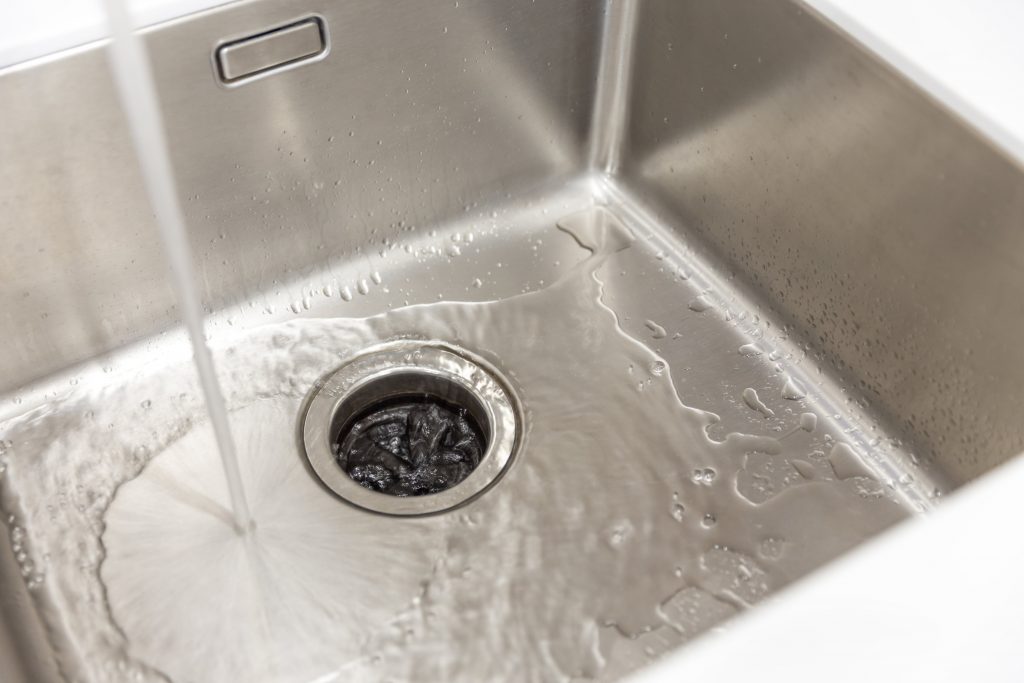
The Importance of Drain Maintenance
 Proper drain maintenance is essential for keeping your kitchen sink from plugging up. Over time, food particles, grease, and other debris can accumulate in your sink's drain, causing it to clog and create a major inconvenience for you. Not only is a clogged sink unsanitary, but it can also lead to more serious plumbing issues and costly repairs. By implementing a routine drain maintenance plan, you can prevent kitchen sink plugging up and keep your sink functioning properly.
Proper drain maintenance is essential for keeping your kitchen sink from plugging up. Over time, food particles, grease, and other debris can accumulate in your sink's drain, causing it to clog and create a major inconvenience for you. Not only is a clogged sink unsanitary, but it can also lead to more serious plumbing issues and costly repairs. By implementing a routine drain maintenance plan, you can prevent kitchen sink plugging up and keep your sink functioning properly.
Simple Tips for Preventing Kitchen Sink Clogs
 One of the best ways to prevent kitchen sink plugging up is to be mindful of what you put down your drain. Oftentimes, people will wash food scraps and grease down the drain, not realizing the damage it can cause. Instead, scrape food into the trash and wipe excess grease from pots and pans before washing them. Additionally, using a drain strainer can catch any food particles and prevent them from going down the drain.
Regularly flushing your drain with hot water and vinegar can also help to break down any buildup and keep it clear.
Once a month, pour a cup of vinegar down the drain, let it sit for 30 minutes, and then flush it with hot water. This simple trick can help to prevent clogs and keep your drain smelling fresh.
One of the best ways to prevent kitchen sink plugging up is to be mindful of what you put down your drain. Oftentimes, people will wash food scraps and grease down the drain, not realizing the damage it can cause. Instead, scrape food into the trash and wipe excess grease from pots and pans before washing them. Additionally, using a drain strainer can catch any food particles and prevent them from going down the drain.
Regularly flushing your drain with hot water and vinegar can also help to break down any buildup and keep it clear.
Once a month, pour a cup of vinegar down the drain, let it sit for 30 minutes, and then flush it with hot water. This simple trick can help to prevent clogs and keep your drain smelling fresh.
Invest in a Garbage Disposal
 If you don't already have one, investing in a garbage disposal can greatly reduce the risk of kitchen sink clogs. A garbage disposal is designed to grind up food scraps and other debris, making it easier for them to flow down the drain. Just be sure to run cold water while using the disposal to help flush everything down.
If you don't already have one, investing in a garbage disposal can greatly reduce the risk of kitchen sink clogs. A garbage disposal is designed to grind up food scraps and other debris, making it easier for them to flow down the drain. Just be sure to run cold water while using the disposal to help flush everything down.
Call in a Professional
 Sometimes, no matter how diligent you are with drain maintenance, clogs can still occur. In these cases, it's best to call in a professional plumber. They have the tools and expertise to unclog your sink and get your drain flowing freely again. Plus, they can also provide tips and recommendations for preventing future clogs.
In conclusion, proper drain maintenance is crucial for preventing kitchen sink plugging up. By being mindful of what you put down the drain, regularly flushing with hot water and vinegar, investing in a garbage disposal, and calling in a professional when needed, you can keep your sink clog-free and your plumbing system running smoothly.
Remember, a little maintenance goes a long way in preventing costly and inconvenient clogs in your kitchen sink.
Sometimes, no matter how diligent you are with drain maintenance, clogs can still occur. In these cases, it's best to call in a professional plumber. They have the tools and expertise to unclog your sink and get your drain flowing freely again. Plus, they can also provide tips and recommendations for preventing future clogs.
In conclusion, proper drain maintenance is crucial for preventing kitchen sink plugging up. By being mindful of what you put down the drain, regularly flushing with hot water and vinegar, investing in a garbage disposal, and calling in a professional when needed, you can keep your sink clog-free and your plumbing system running smoothly.
Remember, a little maintenance goes a long way in preventing costly and inconvenient clogs in your kitchen sink.
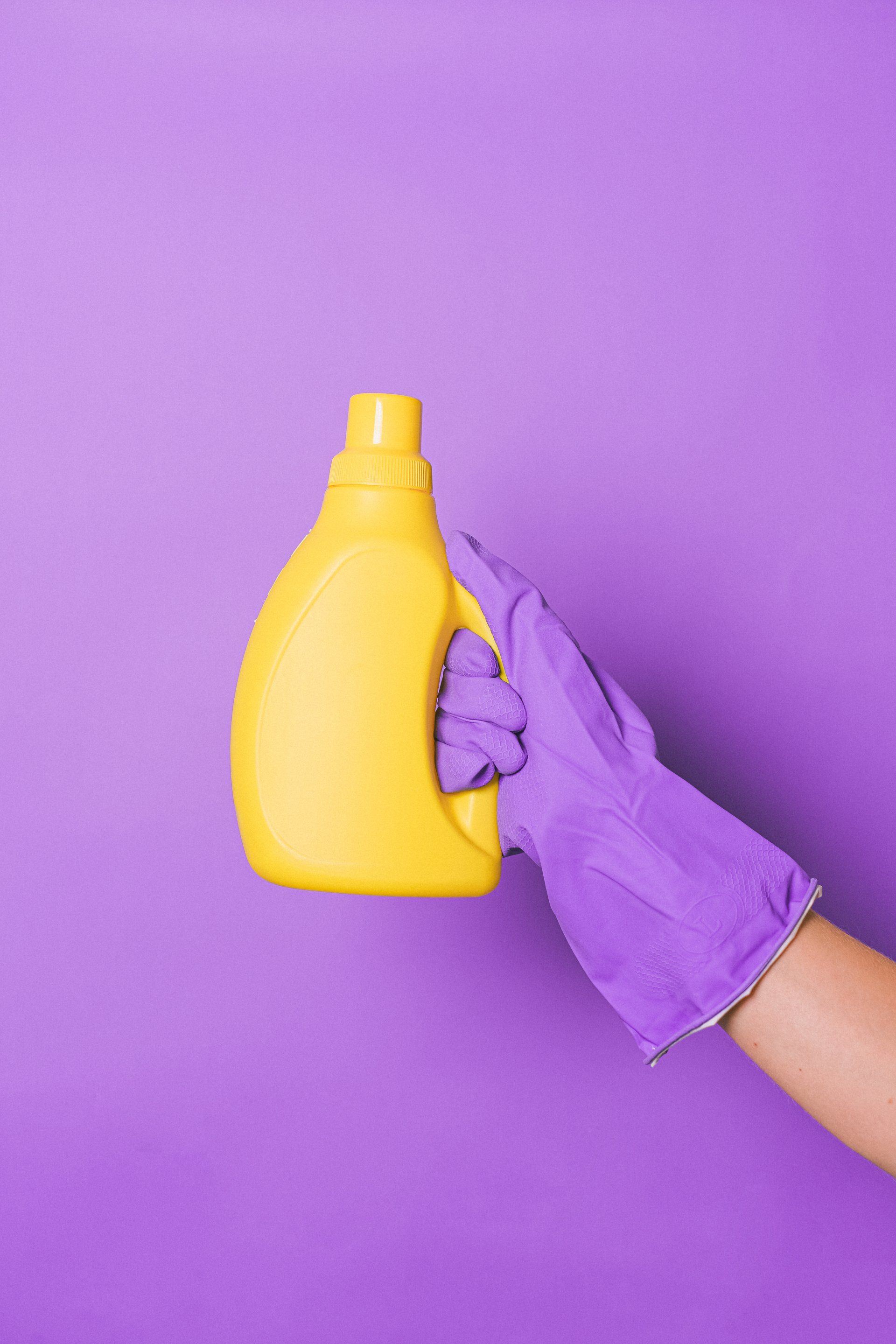
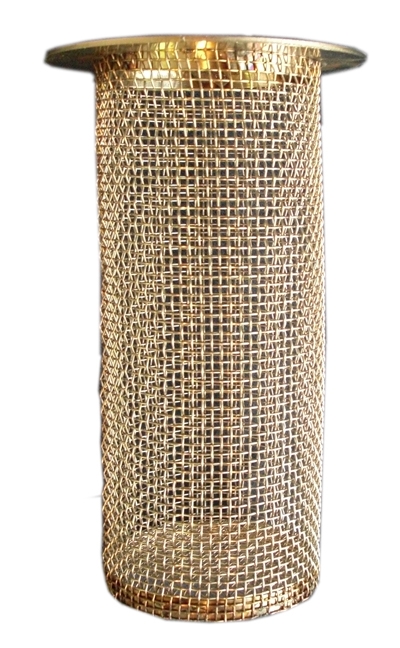
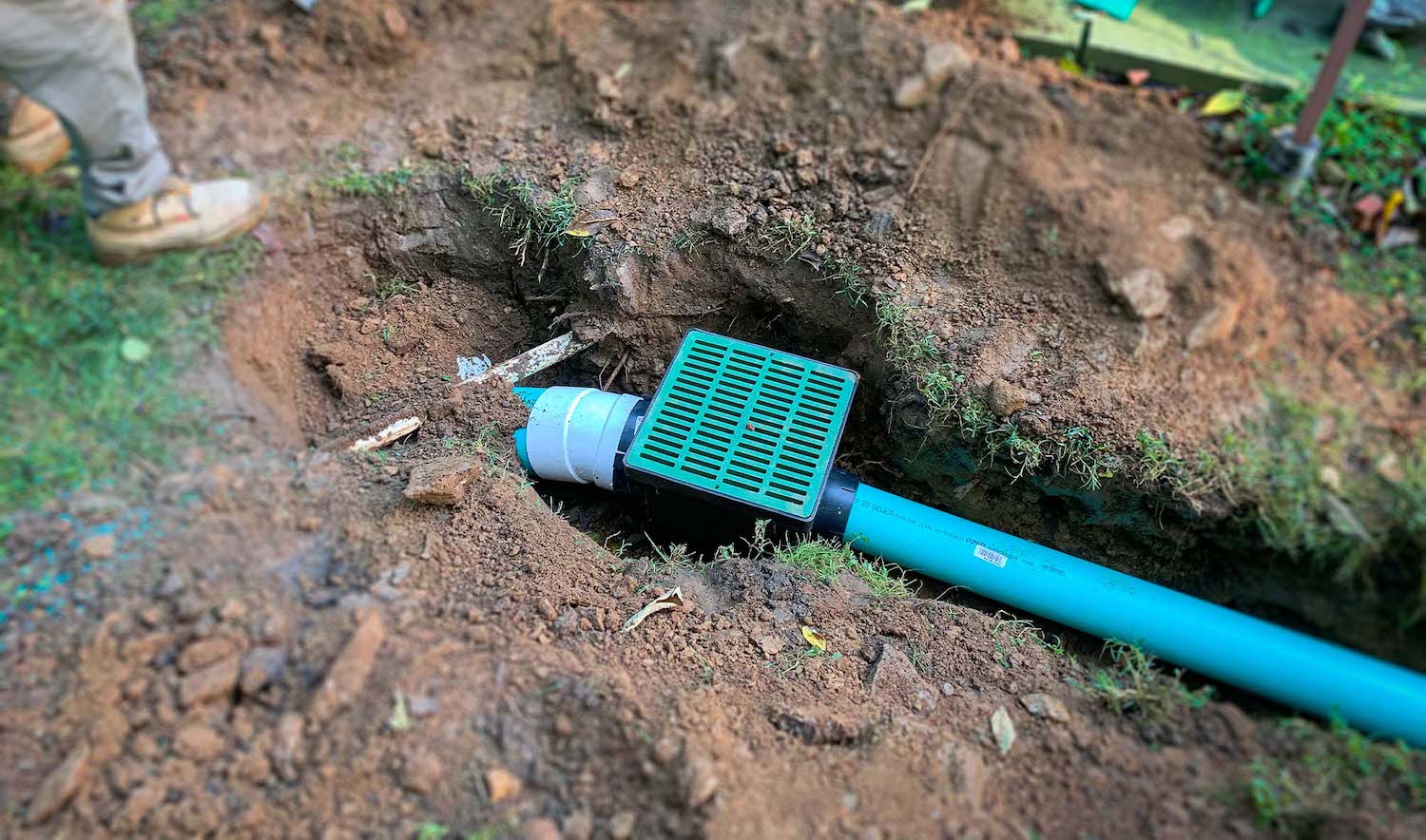
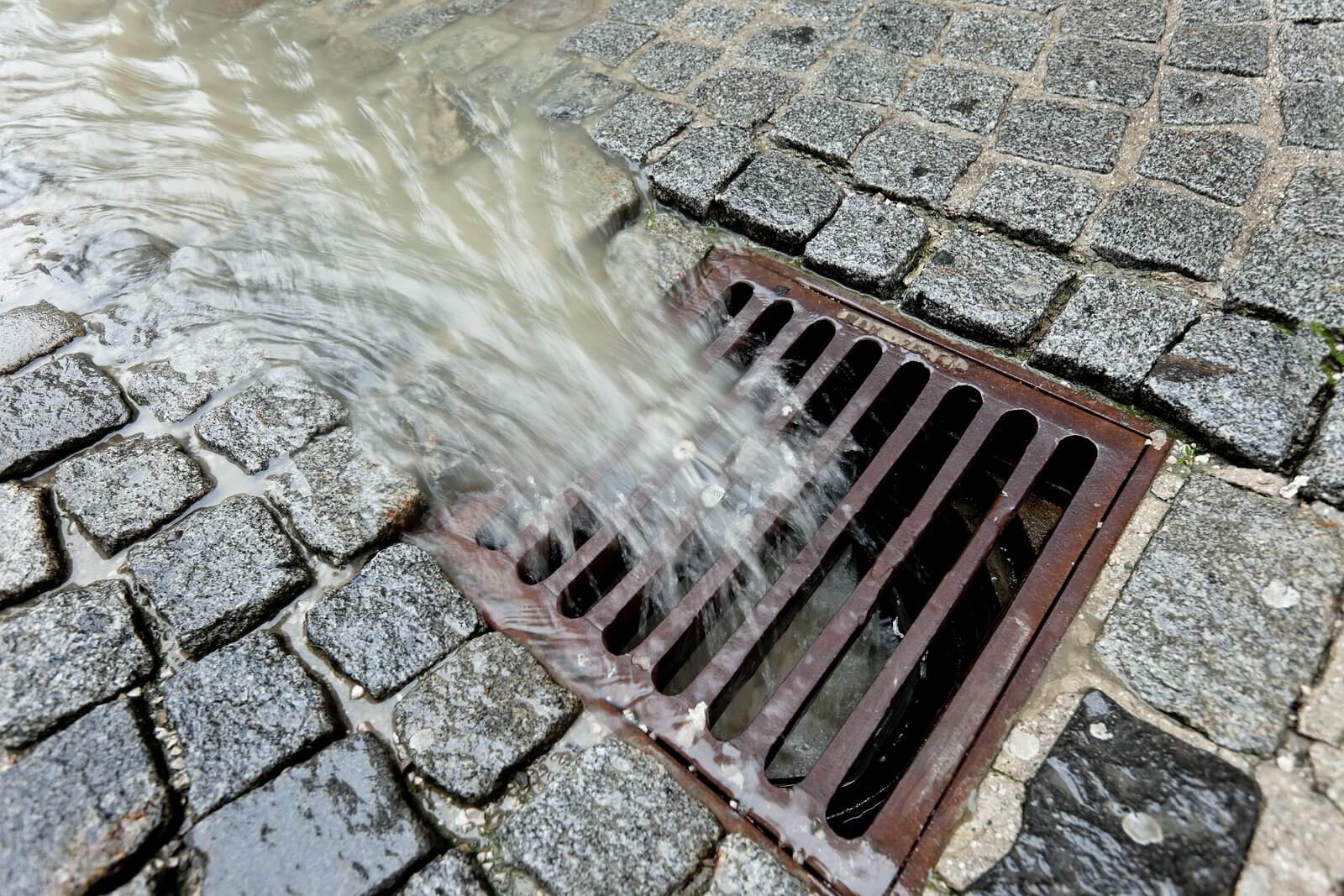
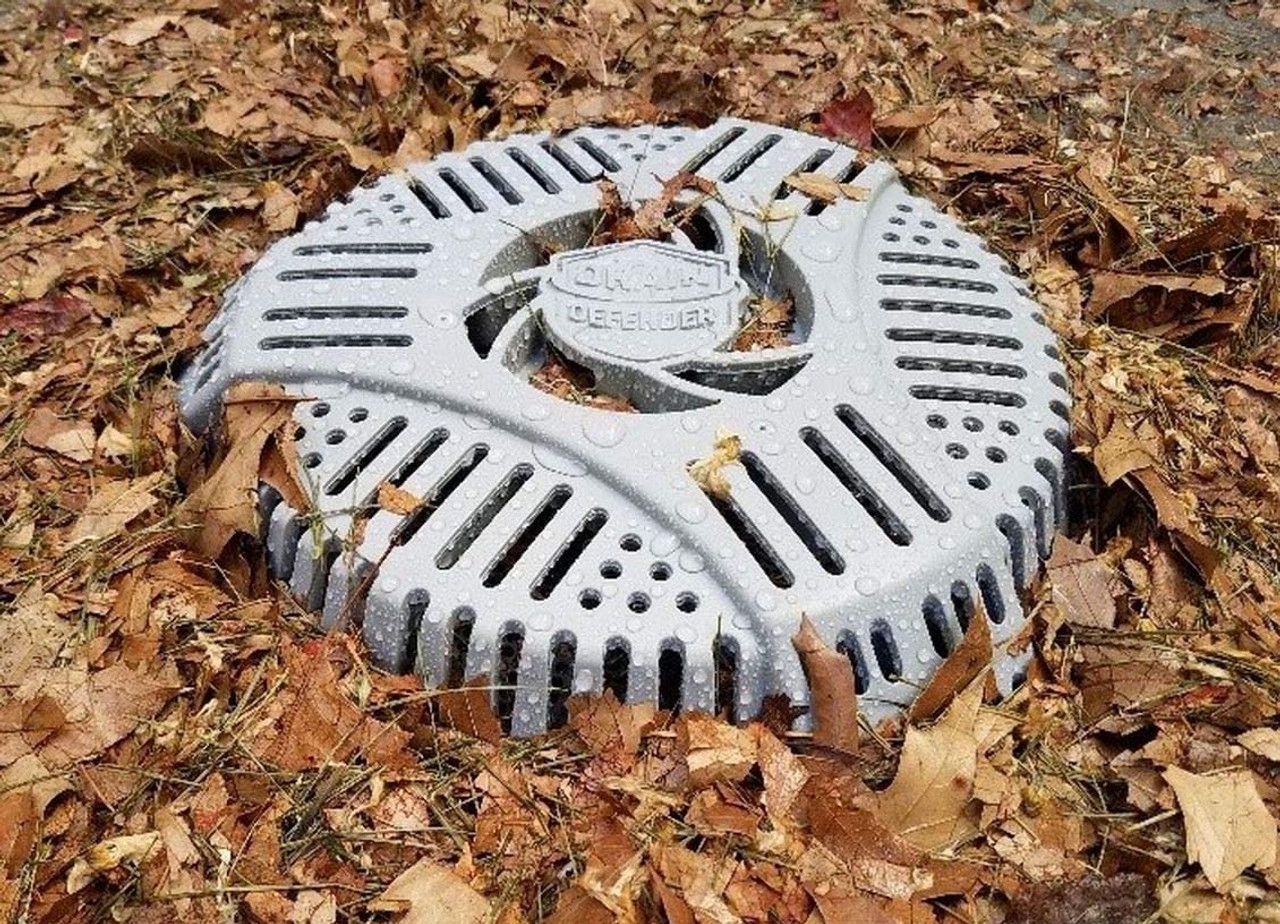



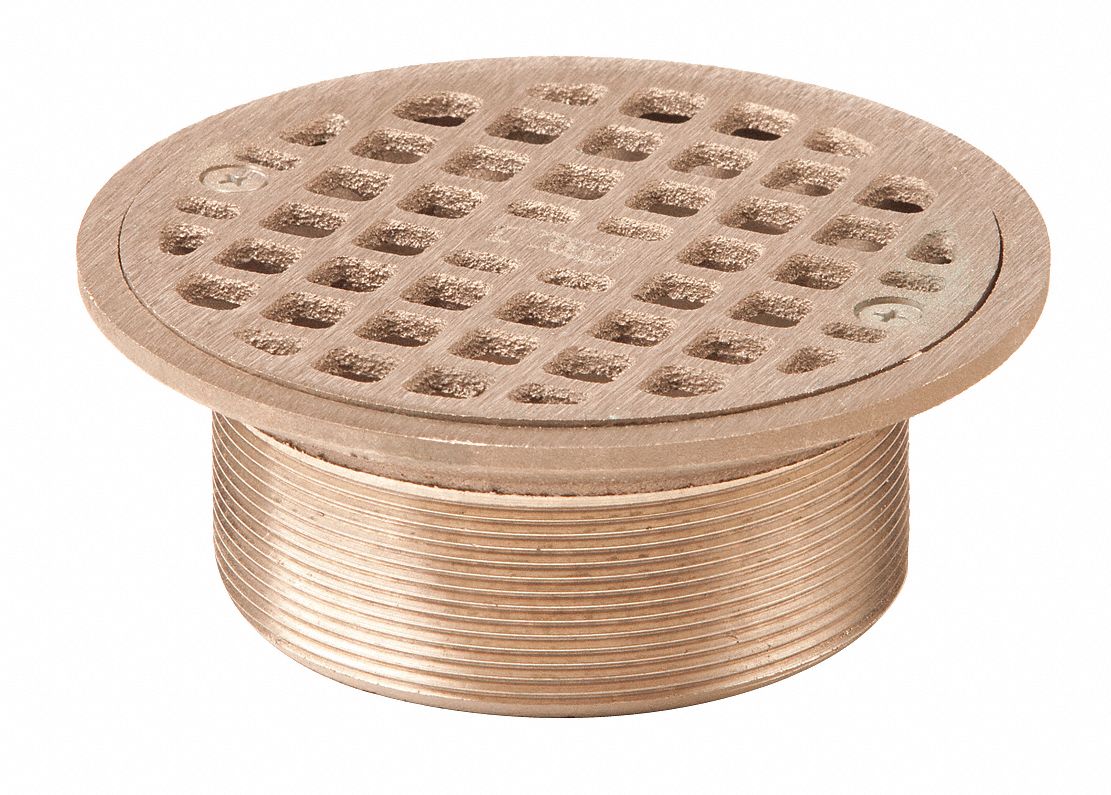

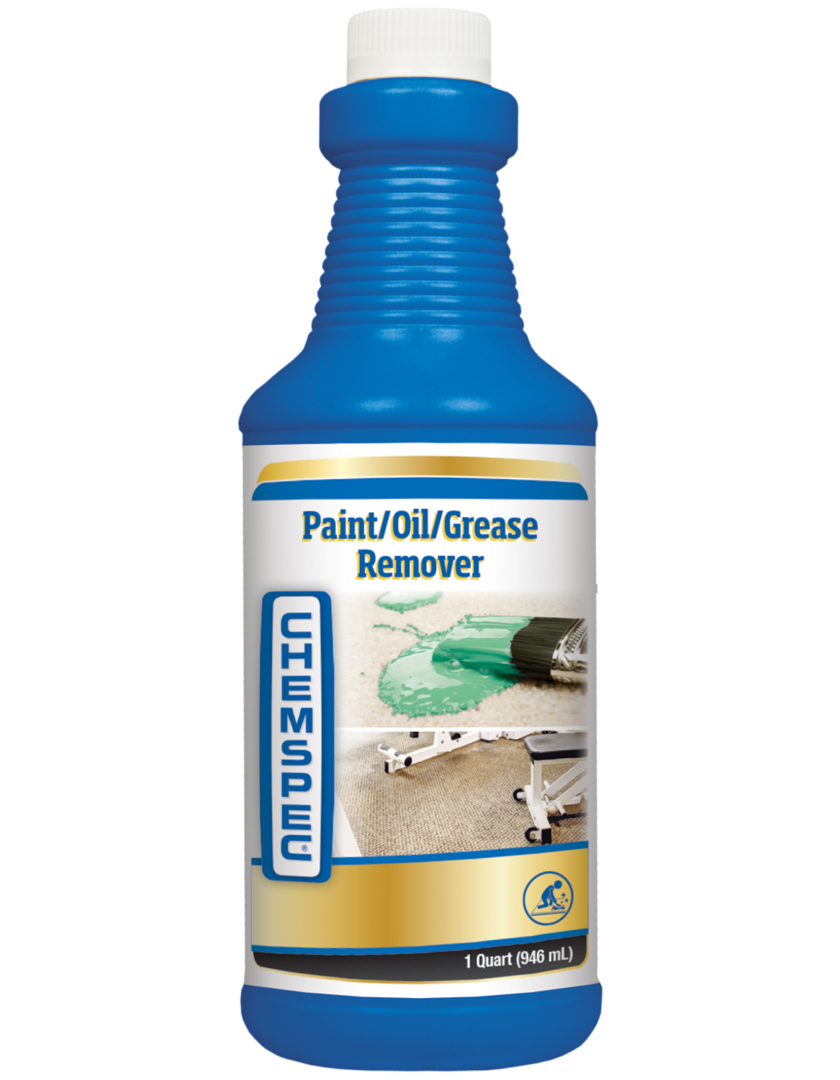




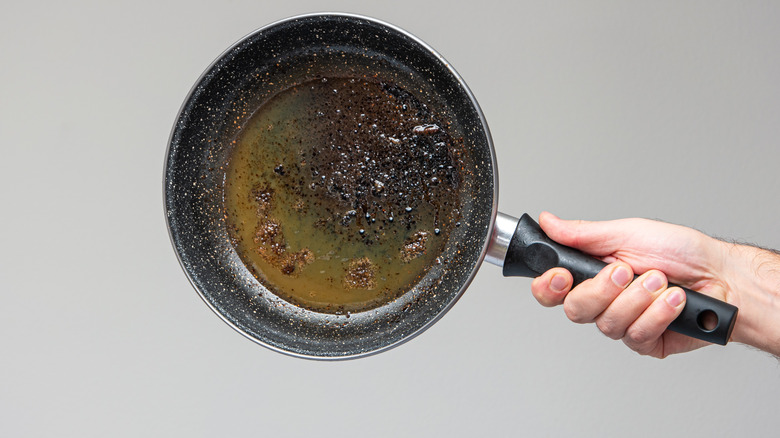


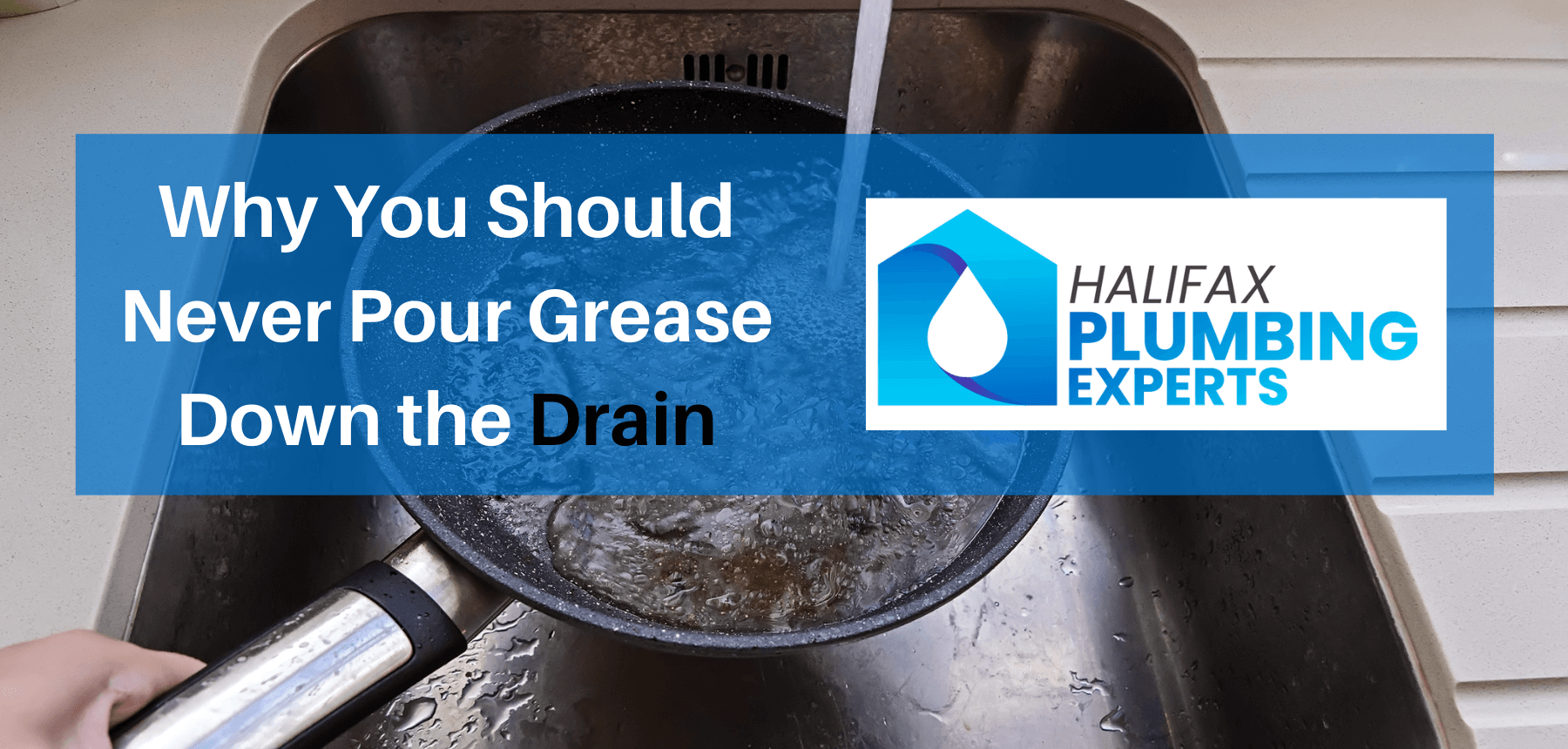
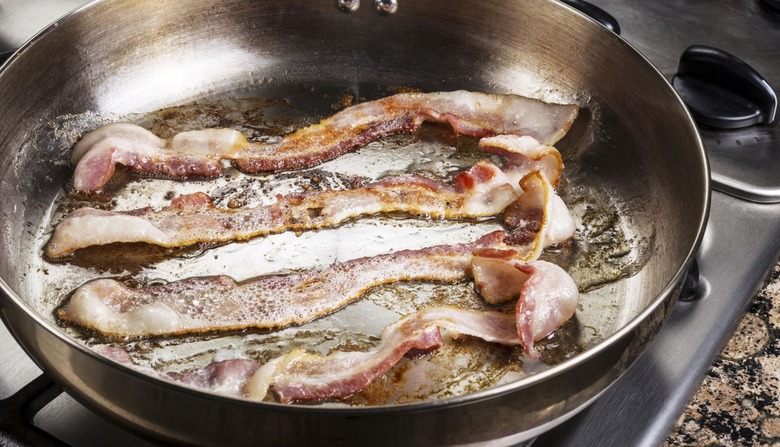

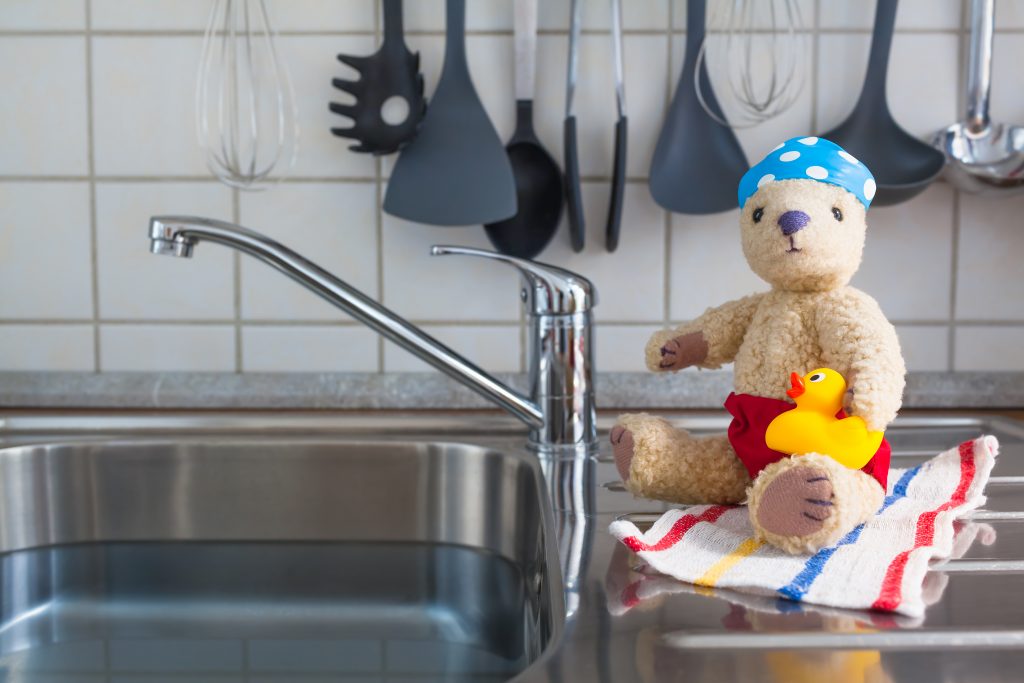




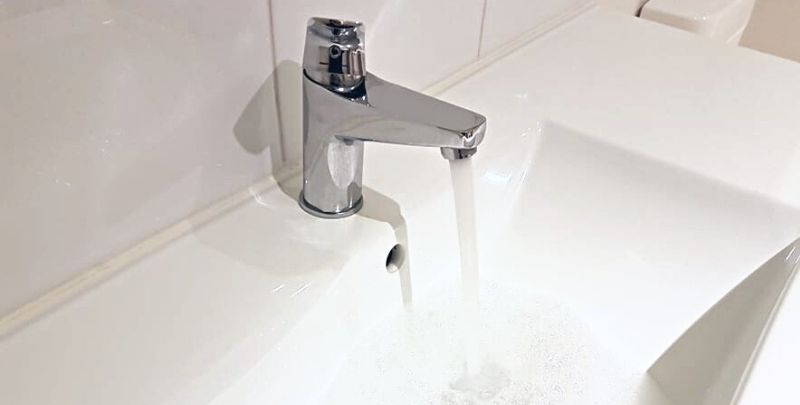
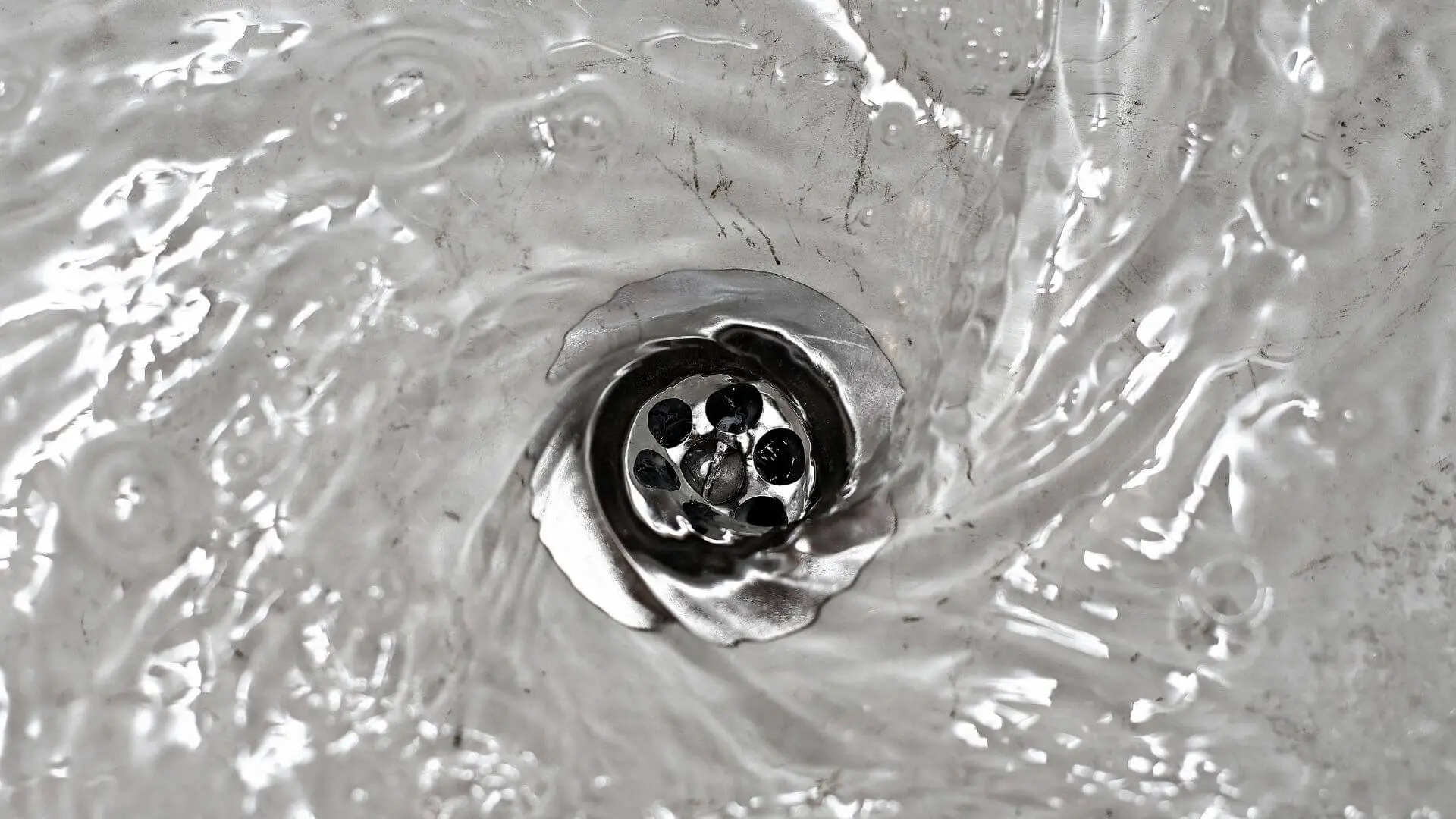
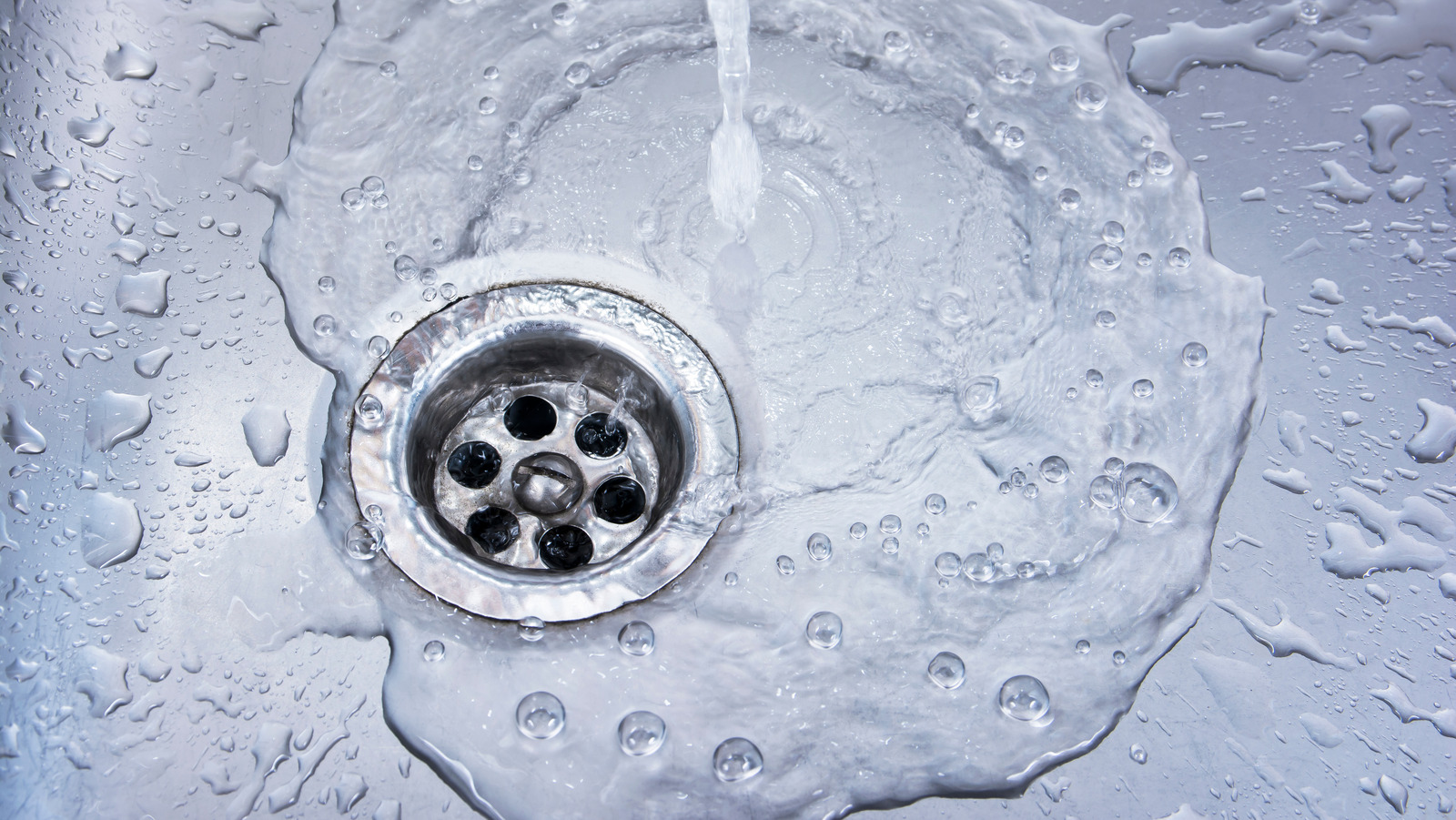


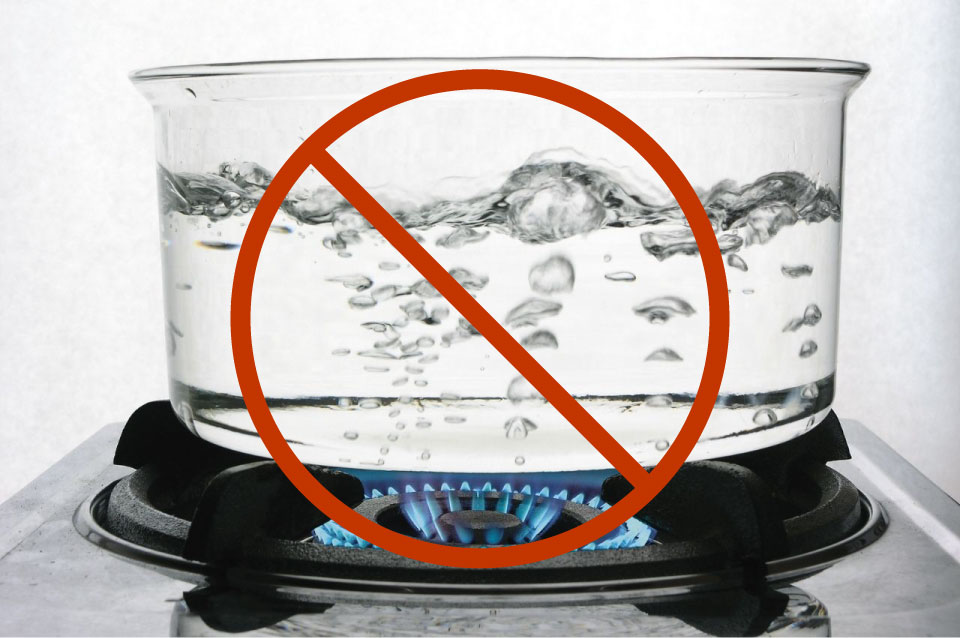







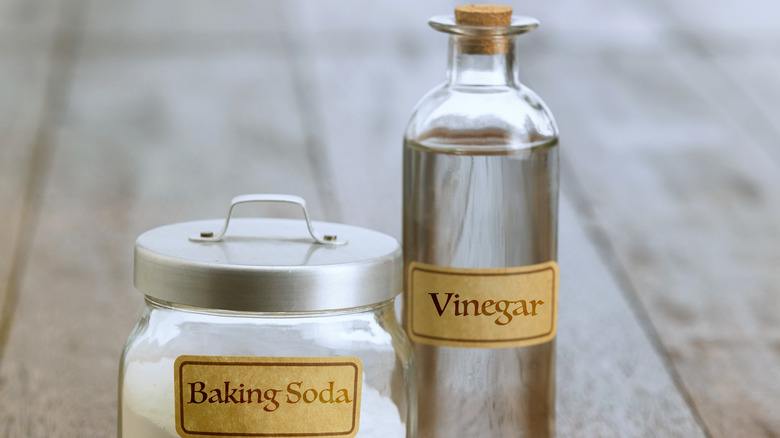
:max_bytes(150000):strip_icc()/freshen-and-unclog-drain-with-baking-soda-1900466-18-1a5b5da01939471ca8f8823865bd1ce8.jpg)
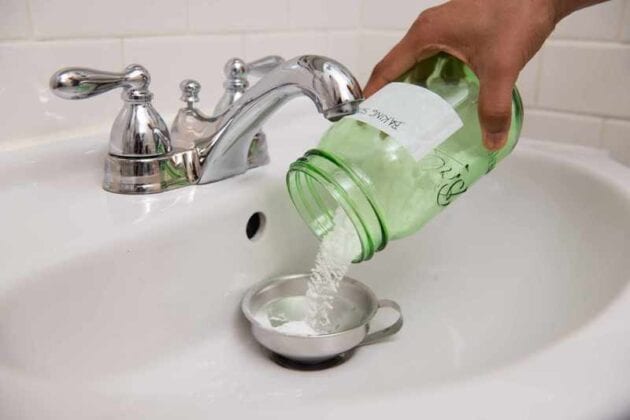






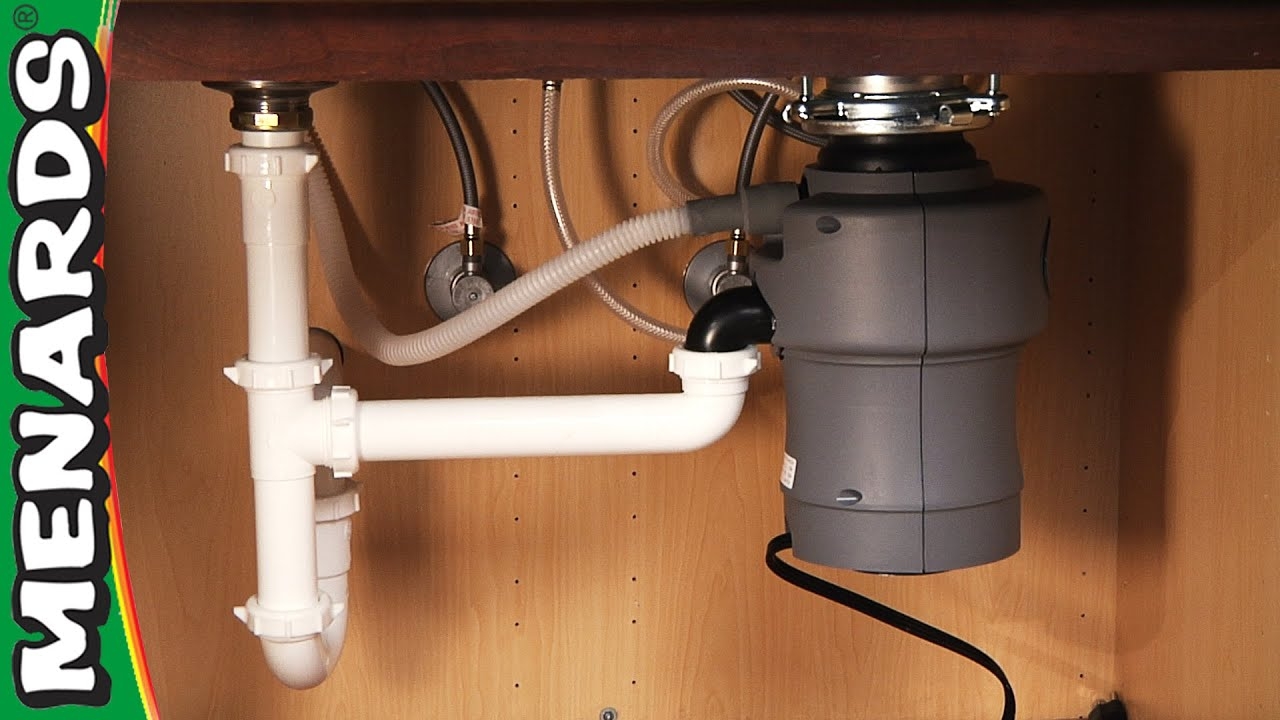
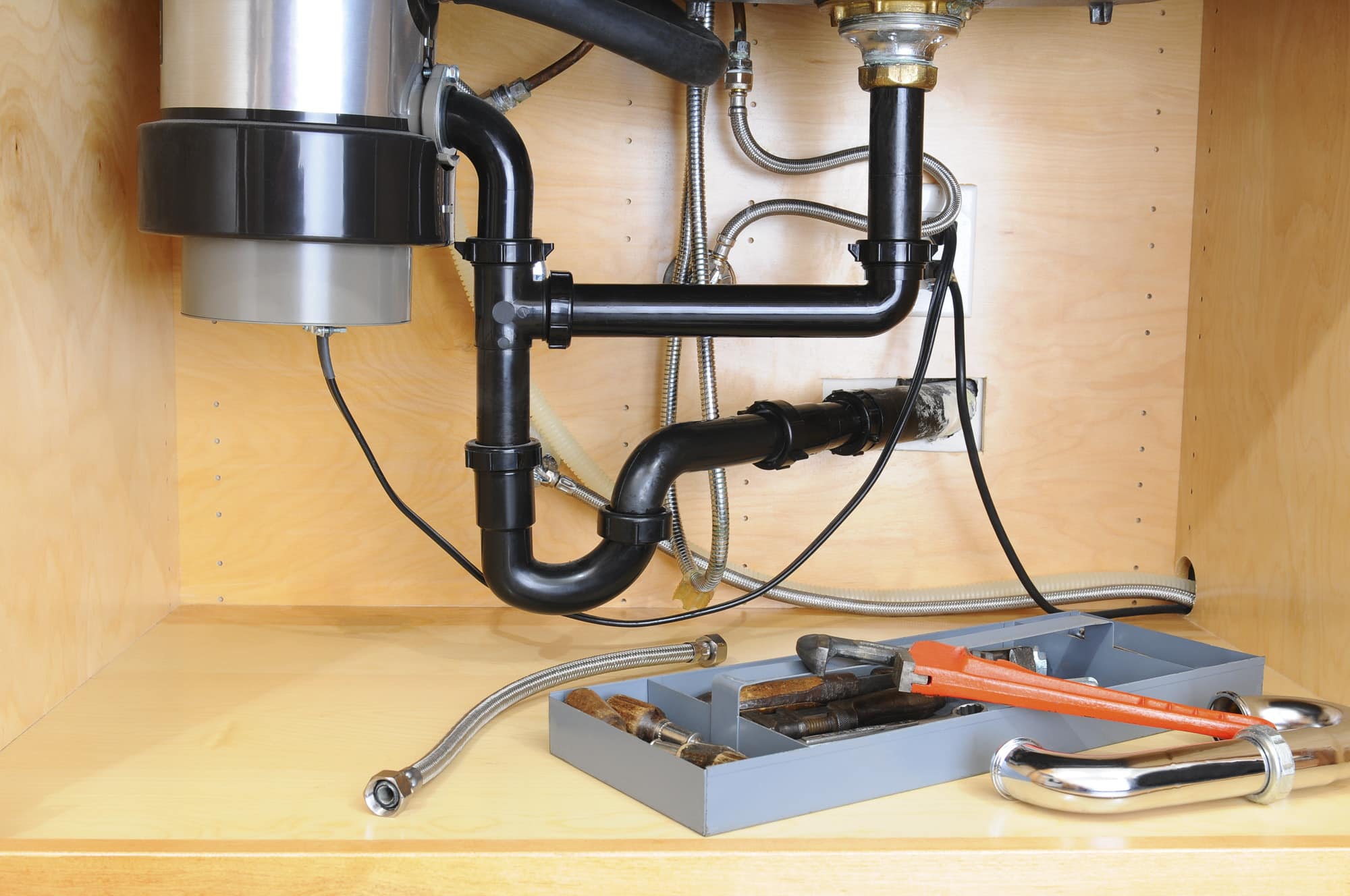
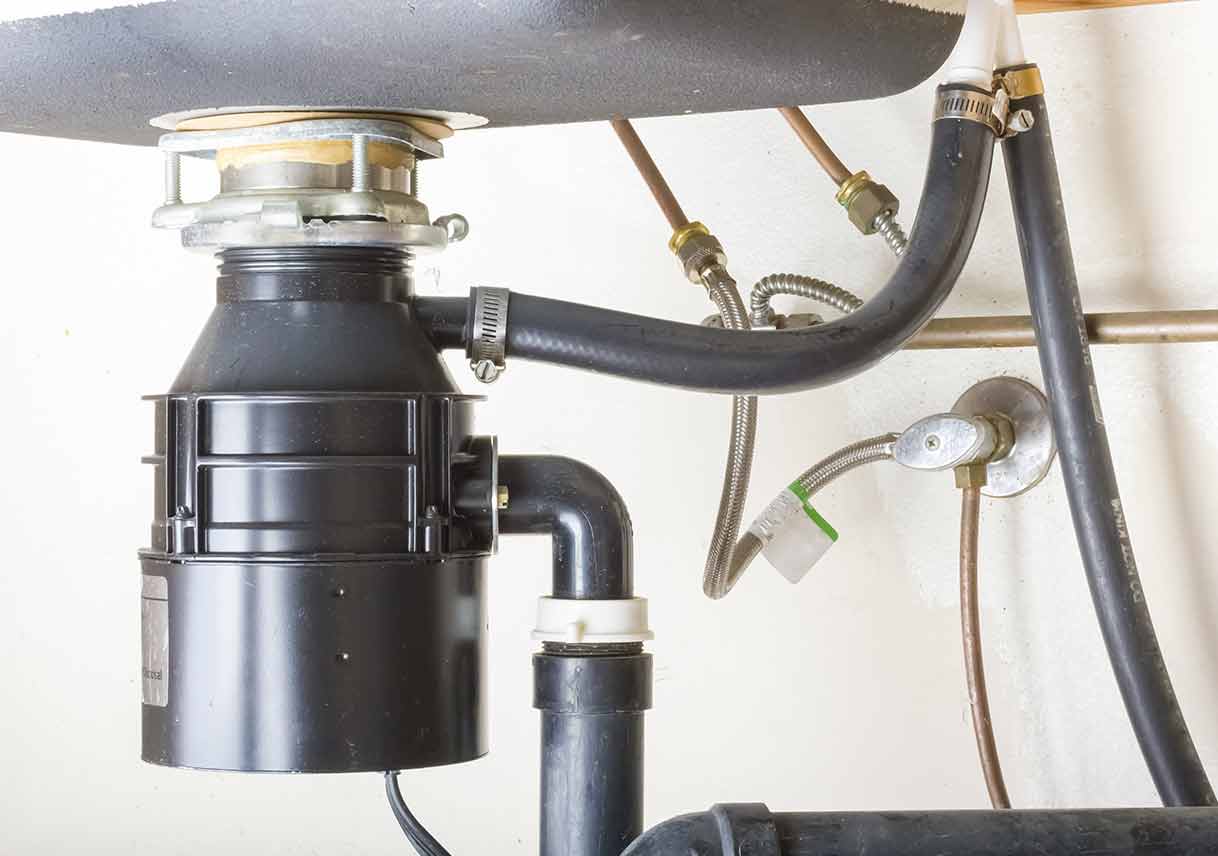
:max_bytes(150000):strip_icc()/garbage-disposal-installation-1824830-hero-1dcd7b5b05d44a2cb367e31692500c8c.jpg)


